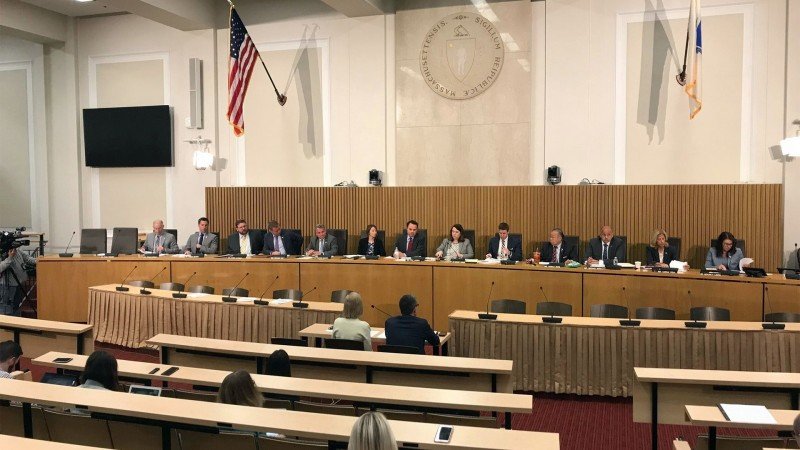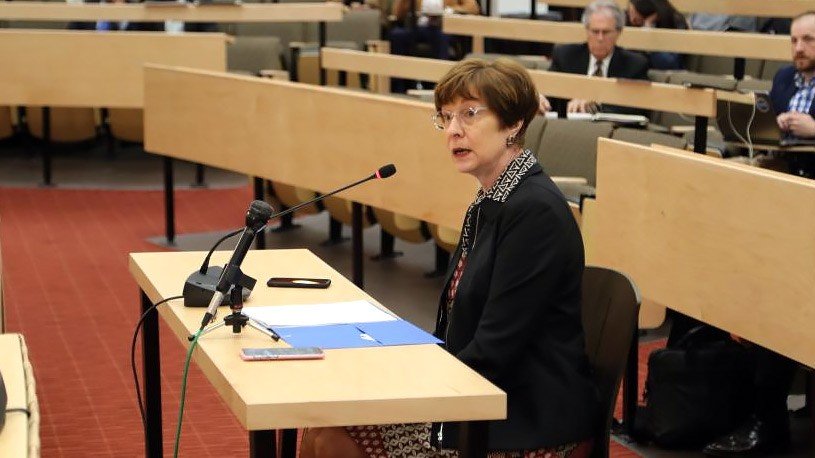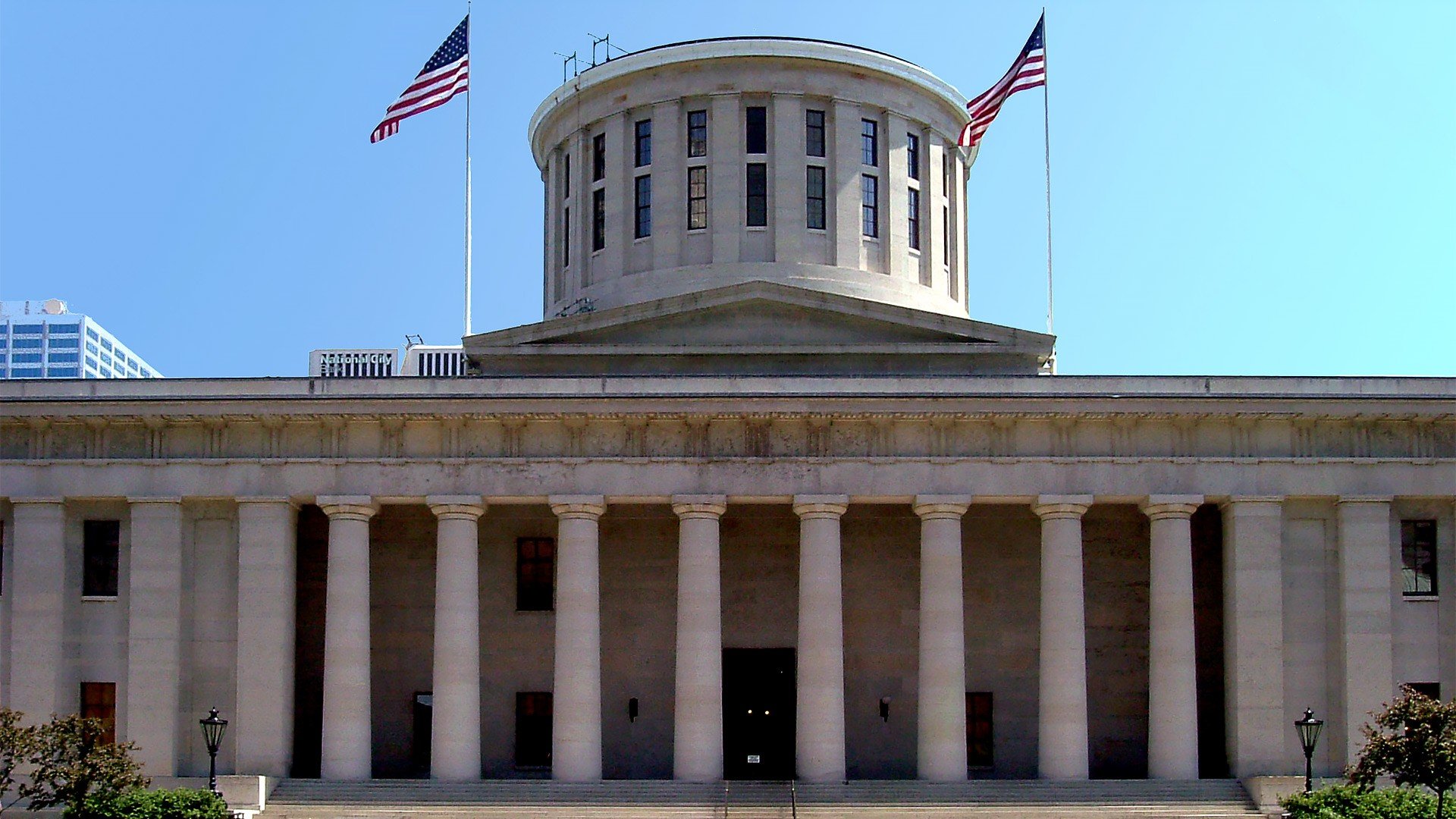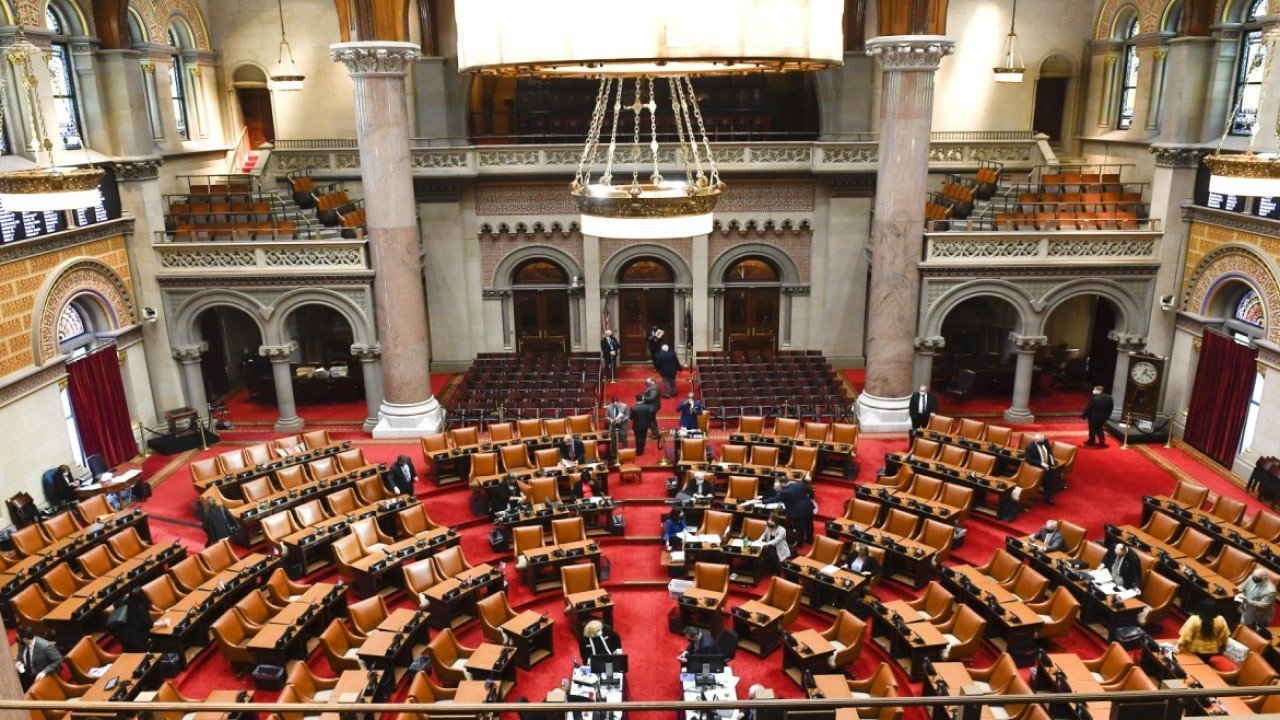Massachusetts: land-based and online operators disagree on sports betting legislation

Whether bettors should be allowed to place wagers on collegiate sporting events and if legalization would be successful without collegiate betting emerged as a key consideration in the first of two days of Beacon Hill hearings on sports betting legalization Tuesday, at the Massachusetts State House. The mobile operation was also a central debate between land-based casinos and online sportsbooks.
The Committee on Economic Development and Emerging Technologies began to analyze the issues regarding the implementation of sports betting. Gov. Charlie Baker and a handful of lawmakers have filed their own proposals laying out how a legal sports betting industry should be shaped and regulated in Massachusetts. Baker's bill would prohibit any betting on college or amateur sports, at least one proposal would prohibit betting on contests that involve Massachusetts colleges and others would make the full range of NCAA sporting events open to bets.
Secretary of Housing and Economic Development Mike Kennealy said Tuesday the governor is trying to take a "measured approach" by limiting betting to professional sports. "I would say we're trying to strike a balance here between entering the market and realizing new revenue on one hand and on the other hand taking a somewhat conservative approach," Kennealy said. "We would argue the best way to do this is on professional sports."
Sen. Brendan Crighton, who has filed his own sports betting legislation, testified to his colleagues that it is imperative that Massachusetts sportsbooks take action on college games, even though his own bill would prohibit betting on any game that involves a Massachusetts school.
"We cannot compete with the legal market unless we allow betting on NCAA games," the Lynn Democrat said. "This betting is going on currently and we're not going to be able to offer a model that lures folks away [from the illegal market] unless we include what is one of the more popular forms of betting."
In joint testimony submitted to the committee, the state's three licensed gaming operators — MGM Springfield, Plainridge Park Casino and Encore Boston Harbor — said the sports betting market should be legalized and regulated, to get the jump on out-of-state competition, and should feature a single-digit tax rate, to fend off the black market. They support allowing bets on professional, collegiate and amateur games, but not on high school sports.
The three in-state casino operators testified from the same book at Tuesday's hearing, submitting joint testimony in which they said they would support allowing some online operators, like Boston-based DraftKings, to get a piece of the sports betting pie. The companies said they should be the only ones allowed to take bets at physical locations and that mobile betting should be reserved for themselves and "a limited number of daily fantasy operators with proven sports wagering experience." They also want the number of sports betting licenses limited to five or seven operators.
Suzanne M. Bump, Massachusetts State Auditor, testified at the hearing.
In its own testimony, Plainridge Park Casino parent company Penn National Gaming expanded on a suggestion in the joint testimony and wrote that mobile operators should only be permitted if they are "tethered" to a casino through a partnership.
DraftKings, the company that has grown to be one of the daily fantasy sports and mobile betting industry leaders, pushed back against that idea. "DraftKings and our competitors should have a direct relationship with the regulator — and that means being directly accountable to the regulatory authority, the legislature, and ultimately, the residents of Massachusetts," DraftKings CEO Jason Robbins said.
MGM Springfield President Michael Mathis said the casino companies are generally open to allowing certain, established online companies to receive sports betting licenses without partnering with a casino. But he argued that it’s in the best interest of the state and consumers to let the casino industry drive sports betting because the industry is already highly regulated and made major investments in the state through its multi-million dollar casinos. “You can do it directly, but you’d be better protected doing it as sublicenses,” Mathis said.
Professional sports leagues, meanwhile, are seeking compensation for the potential impacts of gambling on their industry. Representatives from Major League Baseball and the National Basketball Association told lawmakers they support proposals requiring sports betting operators pay the leagues a royalty fee of about 0.25% of their sports betting revenues.
The sports leagues also want the ability to work with regulators to address bets that could open the door for abuse or corruption, such who commits first foul in a basketball game or if the first pitch of an inning is a ball or a strike.
The Committee's hearing continued Wednesday, when members of the general public had an opportunity to testify before the committee on all things related to sports betting. Eight states, including Rhode Island, are currently accepting legal bets and a handful of others have authorized but not yet launched sports betting.
In 2013 and 2014, 12.6% of Massachusetts residents had placed a bet on a sporting event in the last year, Gaming Commission Chairwoman Cathy Judd-Stein said Tuesday morning. By 2015, that percentage had climbed to 17.9% before falling back to 16.9% in 2016, she said, citing the commission's research into the topic.
State lottery going online
Leaders of the legislative committee suggested Tuesday that there may be an opportunity for the Massachusetts State Lottery to run some digital sports offerings if the state legalizes gambling on athletic contests. Lawmakers asked state Treasurer Deborah B. Goldberg, who oversees the lottery, whether she envisions some role for the agency in a sports wagering program.
She described it as an “intriguing idea,” but said her main goal is to make sure the lottery can compete in whatever landscape emerges from the deliberations on gambling expansion. She said that could mean the lottery offering online games that are unrelated to sports, and taking payments in cashless transactions through gift cards or debit cards. The Legislature would have to approve such changes.
“There are only so many entertainment dollars,” Goldberg said. “The customer that’s emerging is a customer who is already thinking about daily fantasy sports and sports gaming. So we want to be on a level playing field.”
Representative Ann-Margaret Ferrante, a Gloucester Democrat who is co-chairwoman of the joint committee, said at the hearing the lawmakers have been discussing the idea of allowing the lottery to run “parlay” games, in which players bet on the outcomes of multiple games but only get a payout if all their selections pan out.
Ferrante said parlay games could provide an entry point to the industry for small businesses such as bars or restaurants. Some of those businesses already depend on games such as Keno for foot traffic. The lottery could offer parlay games even as casinos and daily fantasy companies such as Boston’s DraftKings operated their own sportsbooks.
Citing the experience of Rhode Island, several people at the hearing said the continued success of Boston’s sports teams might be a potential problem spot for any Massachusetts-centered sports betting operation. In February, Rhode Island’s sports books actually lost money, as New England Patriots fans cashed in on Super Bowl bets.
Gambling industry advocates in Massachusetts have argued that they’re in better position to operate games because their national reach gives them the financial wherewithal to balance out losses they suffer in one region when the hometown team comes through.


















































